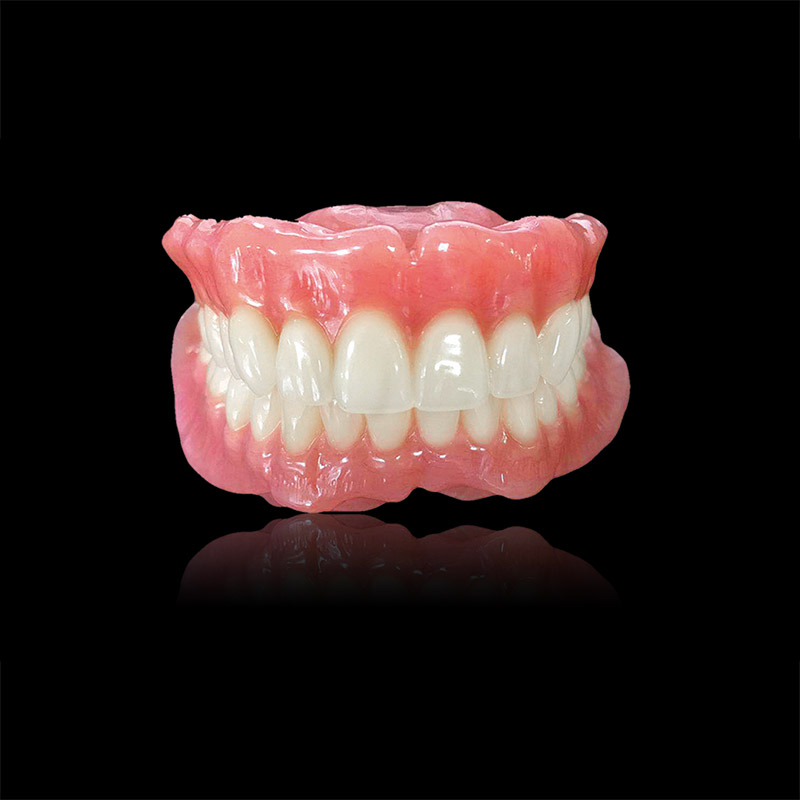Acrylic dentures, made from a type of plastic called polymethyl methacrylate (PMMA), are a popular choice for those needing dental prosthetics. But an important question for anyone considering them is: Are acrylic dentures comfortable to wear?
Initial Adjustment Period
When you first start wearing acrylic dentures, you might experience some discomfort. This is normal as your mouth adjusts to the new appliance. It's not uncommon to feel some irritation or soreness during the initial days or weeks. Your gums and oral tissues need time to adapt to the presence of the dentures, similar to how your feet might need to adjust to a new pair of shoes.
Professional Fitting
The key to comfortable dentures lies in a professional fitting by a qualified dentist. A well-fitted denture is crafted to match the contours of your gums and jaw precisely. This ensures that the denture sits snugly and securely in your mouth without causing excessive pressure on any particular area. During your fitting, your dentist will make necessary adjustments to ensure the best fit possible.
Regular Adjustments and Maintenance
Even after the initial fitting, regular dental check-ups are essential. Over time, the shape of your gums and jawbone may change, which can affect the fit of your dentures. If your dentures start to feel loose or cause discomfort, it’s important to visit your dentist for adjustments. This ongoing care helps maintain comfort and functionality.
Soft Liners and Cushioning
For those who have particularly sensitive gums or experience persistent discomfort, dentists can use soft liners. These are pliable materials that are placed on the part of the denture that rests against your gums, providing a cushion and reducing irritation. Soft liners can be especially helpful during the initial adjustment period or for patients with tender gums.
Proper Oral Hygiene
Maintaining proper oral hygiene is crucial for denture comfort. Regularly cleaning your dentures helps prevent gum irritation and infections. It's important to brush your dentures daily with a soft-bristle brush and a non-abrasive denture cleaner. Rinsing your dentures after meals and soaking them overnight in a denture solution can also keep them clean and fresh.
Advantages of Acrylic Dentures
Acrylic dentures offer several benefits that contribute to their comfort:
Lightweight: Acrylic is a lightweight material, which makes the dentures easier to wear for extended periods.
Biocompatible: Acrylic is well-tolerated by the body, reducing the risk of allergic reactions or other complications.
Customizable: The material can be easily adjusted to fit the unique shape of your mouth, enhancing comfort.
Personal Experience and Adaptation
Ultimately, the comfort of acrylic dentures can vary from person to person. Some may find them comfortable almost immediately, while others may need more time to adjust. Being patient and allowing yourself time to adapt to the new dentures is important. Communicating with your dentist about any discomfort you experience can lead to solutions that improve your overall experience.

Conclusion
Acrylic dentures can be very comfortable to wear, especially when they are properly fitted and well-maintained. While an initial adjustment period is expected, most users find them to be a convenient and effective solution for missing teeth. Regular dental check-ups, proper hygiene practices, and open communication with your dentist are key to ensuring the best possible comfort and functionality of your acrylic dentures.




